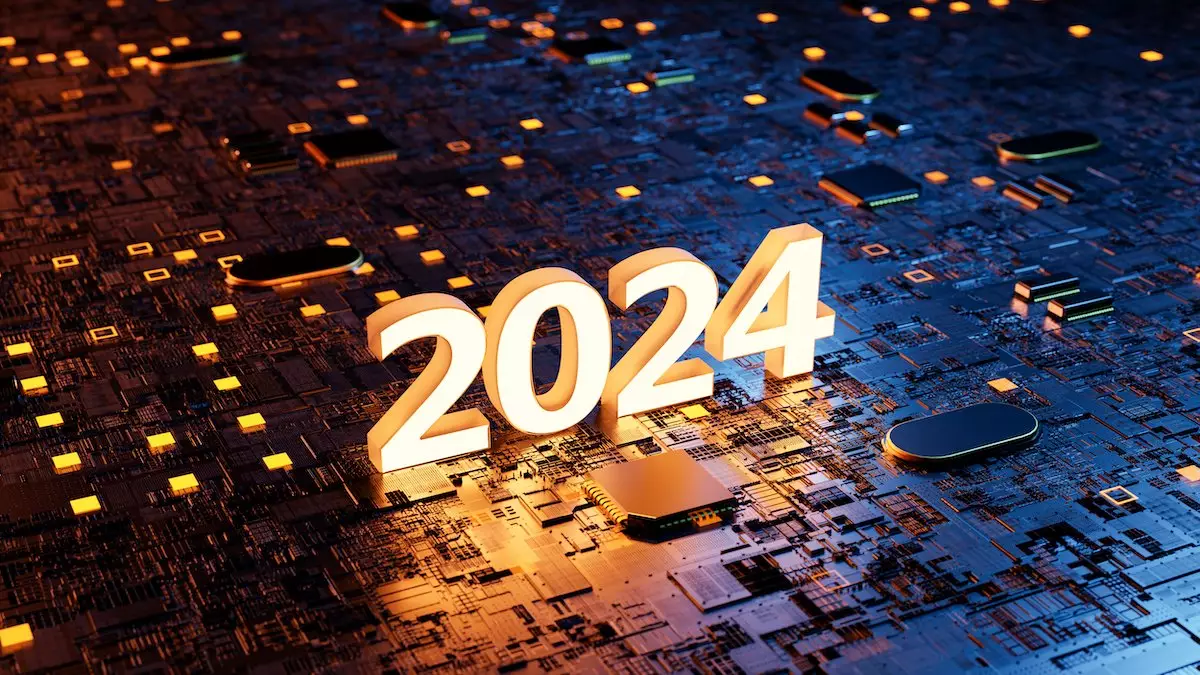The world of gaming is undergoing a transformation with the rise of Non-Fungible Tokens (NFTs) and blockchain technology. As we approach 2024, these trends show no signs of slowing down and are expected to revolutionize the gaming industry. In this article, we will explore the key trends shaping the future of NFTs and blockchain gaming, the challenges they face, and the potential they hold for creating a more sustainable and rewarding gaming experience.
Traditionally, gaming has followed a “Pay-to-Play” model where players pay upfront fees to enjoy the game. However, with the emergence of blockchain gaming, a new approach called “Play-to-Earn” is challenging this traditional model. Play-to-Earn allows players to not only enjoy the game but also earn money and unique in-game items while playing. This approach provides a new source of income for gamers and promotes community engagement and player interaction. Although criticized for its sustainability, Play-to-Earn offers a more holistic and rewarding gaming experience compared to the Pay-to-Play model.
By integrating NFTs into gameplay, players can earn not just money but also unique in-game items and experiences that enhance their overall gaming experience. This integration opens up new possibilities, such as dynamic NFTs that evolve and change based on a player’s progress, making them truly unique and valuable. Additionally, the integration of NFTs enables interoperability across multiple games, providing players with a more seamless and immersive gaming experience.
One of the most exciting trends in blockchain gaming is the concept of NFT-based land ownership in virtual worlds. This allows players to own and develop their piece of the virtual world, creating a sense of investment and ownership in the game. Furthermore, the rise of “utility NFTs” offers access to exclusive events, communities, and guilds, expanding the possibilities for NFT utility in gaming. These developments not only deepen players’ engagement with the game but also foster a sense of community and belonging.
While blockchain gaming offers exciting opportunities, it also faces challenges such as complex interfaces and high gas fees. However, the industry is actively addressing these challenges through the development of Layer 2 solutions and improved user onboarding processes. These improvements not only enhance the overall user experience but also make blockchain gaming more accessible to a wider audience. Furthermore, the entry of mainstream gaming studios into the blockchain space brings expertise in creating high-quality games, bridging the gap between conventional and blockchain gaming.
The concept of the Metaverse, a virtual world where users can interact and engage with one another in real-time, is gaining popularity. With the integration of NFTs, players can now own and trade virtual assets across different metaverses, creating a unified and interconnected gaming experience. This integration redefines traditional concepts of virtual asset ownership and interaction, blurring the lines between the digital and real worlds. It not only enhances the gaming experience but also opens up new avenues for social interaction, economic activities, and cultural expressions in the digital sphere.
As with any emerging technology, NFTs and blockchain have faced criticism for their environmental impact. However, the industry is taking steps to mitigate these concerns. Carbon offsetting, where investments are made in environmental projects to balance the carbon emissions caused by blockchain activities, is becoming more common. Additionally, there is a shift towards more eco-friendly consensus mechanisms, moving away from energy-intensive proof-of-work (PoW) systems to alternatives like proof-of-stake (PoS). These measures ensure the long-term viability of blockchain gaming while reducing its ecological footprint.
Fraud, security vulnerabilities, and regulatory uncertainties are among the challenges facing blockchain gaming. However, the industry is responding by implementing robust regulatory measures to protect players and investors. These measures not only address existing challenges but also pave the way for new opportunities in the blockchain gaming sector. As the industry adheres to higher security and transparency standards, it becomes more attractive to a broader audience, including mainstream gamers and serious investors. This regulatory evolution is likely to spur innovation as developers and companies create novel gaming experiences that comply with these guidelines while leveraging the unique benefits of blockchain technology.
The potential of NFTs to transform blockchain gaming is undeniable. As we continue to see increasing adoption of NFTs, a more sustainable Play-and-Earn model will emerge, providing players with a rewarding and engaging gaming experience. The evolving utility of NFTs will open up new possibilities for gameplay and ownership in virtual worlds. Improved accessibility and integration with the Metaverse will further drive adoption and innovation in this space. As the industry continues to address environmental concerns and implements robust regulatory frameworks, the future of NFTs and blockchain gaming is bright and exciting.
NFTs and blockchain gaming are reshaping the gaming industry, offering new opportunities for players to earn money, own virtual assets, and engage in immersive virtual worlds. With each passing year, we can expect to see further developments and innovations that will provide players with more rewarding and sustainable gaming experiences. The future of NFTs and blockchain gaming is limitless, and we can look forward to witnessing its evolution in the years to come.


Leave a Reply